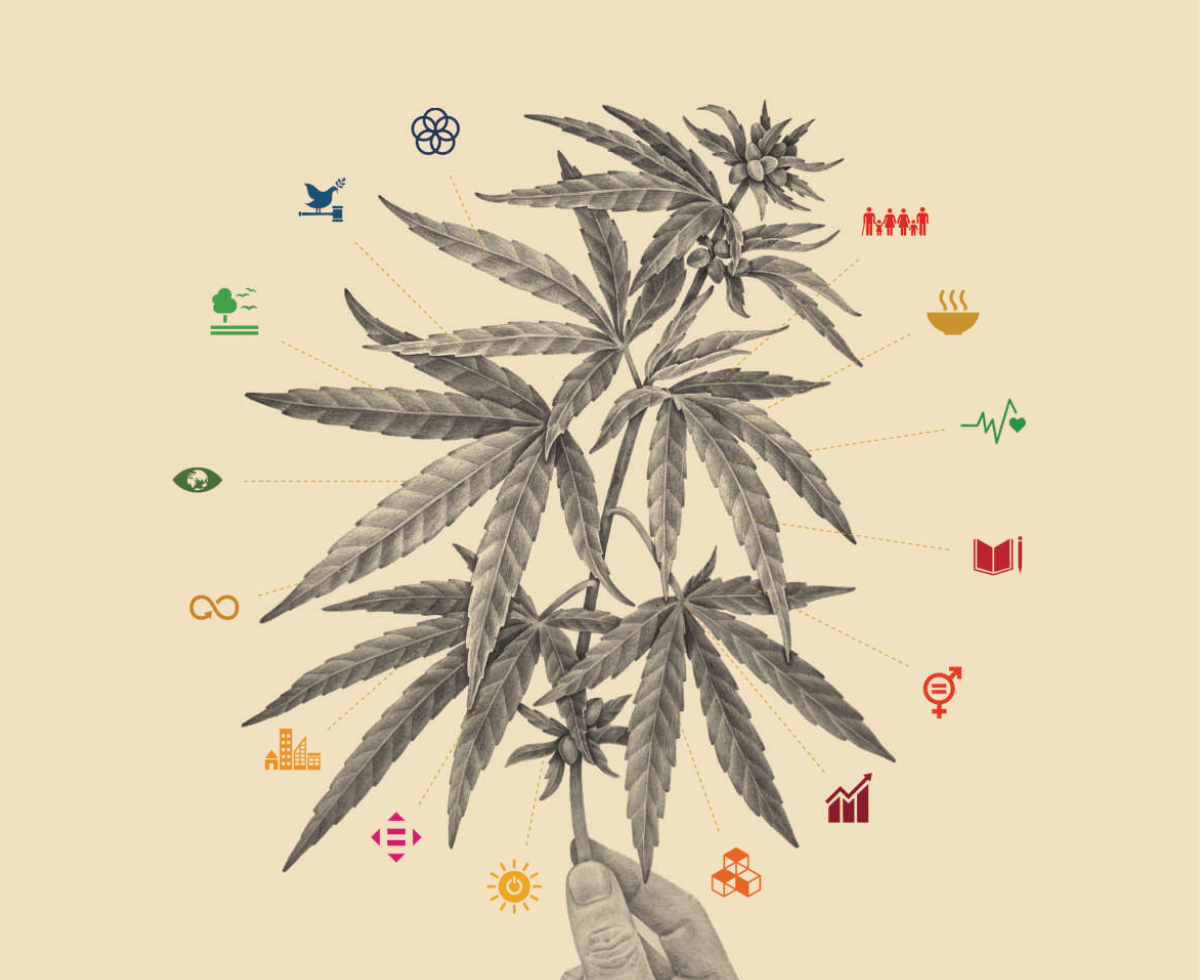New report from Cowen Inc. calls the end of federal cannabis prohibition “a matter of ‘when,’ not ‘if.’” Decisions on legality would be left to states.

Cannabis legalization at the federal level is highly likely in the long term, and could even happen by the end of 2022 or in early 2023, reports Sarah Jarvis for Law360.
That forecast comes from a Dec. 6 report by Cowen Inc., a financial services firm. The report, "Research Themes 2022," highlights shifting trends and industries likely to bear lucrative investment opportunities in the coming year — and beyond. The market potential for the U.S. cannabis industry is projected to grow to $84 billion in 2026, according to Cowen’s research analysts.
“We continue to view Washington's legalization of cannabis as a matter of ‘when,' not ‘if,’” the report says, “and it is conceivable this could happen in 2022, either as a result of bipartisan legislation ahead of the November midterm elections, or potentially in the lame duck period that will begin in November 2022 and end in January 2023 when a new Congress is convened.”
“It is conceivable this could happen in 2022, either as a result of bipartisan legislation ahead of the November midterm elections, or potentially in the lame duck period that will begin in November 2022 and end in January 2023 when a new Congress is convened.”
— from Cowen Inc.'s "Research Themes 2022"
“Cowen said it has ‘more measured expectations’ for federal legalization, despite market hopes that there would be more immediate action after the Georgia Senate run-off elections in January,” Jarvis wrote for Law360.
Cannabis is continuing to become more mainstream and there’s still “a significant opportunity to transition a large illicit market,” according to the report. In response to this data, the firm has consistently raised its market estimates, most recently from $50 billion for 2026 to $84 billion.
The firm's researchers anticipate continued potential for the market to expand through 2030, "and further note the opportunity within that [total addressable market] represented by transition from illicit to legal sales, although we do not forecast a firm date for the transition to a federal legal framework."
Legislative Progress
Indeed, lawmakers have introduced legislation at the federal level that would leave the legality of cannabis to each state, including the STATES Act and the MORE Act.
The Strengthening the Tenth Amendment Through Entrusting States (STATES) Act was a bill introduced in June 2018 with the goal of recognizing states’ laws governing cannabis.
To pass a bill, according to Cowen’s report, Democratic legislators would need support from at least 10 Republican senators to avoid a filibuster. That might mean narrowing the legislation to exclude components like expunging criminal records.
Like the STATES Act, the Marijuana Opportunity, Reinvestment and Expungement (MORE) Act would remove cannabis from the list of federally controlled substances. But it goes farther than the STATES Act, proposing to expunge federal marijuana convictions and arrests, and use funds from a federal tax on marijuana sales to help communities of color join the cannabis marketplace. The MORE Act was approved by the House Judiciary Committee in September 2021.
But to pass a bill, according to Cowen’s report, Democratic legislators would need support from at least 10 Republican senators to avoid a filibuster. That might mean narrowing the legislation to exclude components like expunging criminal records.
Outcome May Depend on Cannabis Industry
For the cannabis industry, working together toward federal legalization may be critical.
“The report also noted that cannabis industry lobbyists have pursued ‘divergent agendas,’” Jarvis wrote for Law360, “adding that the next several months are critical for unifying behind a federal legalization approach.”
“The report also noted that cannabis industry lobbyists have pursued ‘divergent agendas,’ adding that the next several months are critical for unifying behind a federal legalization approach.”
— Sarah Jarvis, Law 360
In the report, Cowen's researchers concluded, “We will view signals of coordination positively, while evidence of continued fragmentation could augur negatively for any wide-ranging Federal cannabis relief.”







































